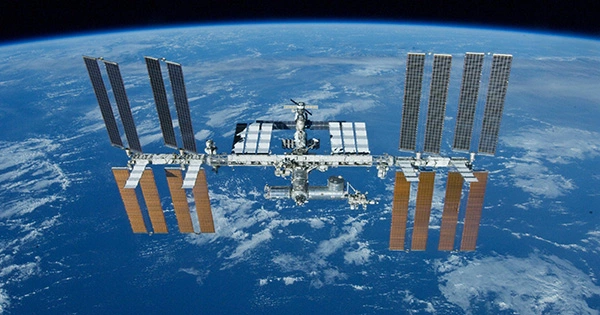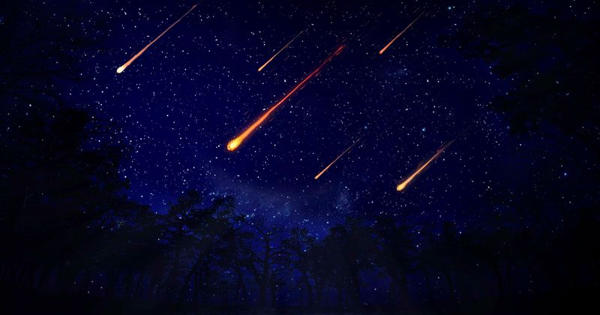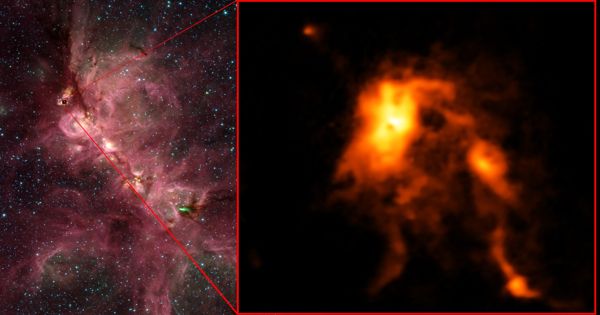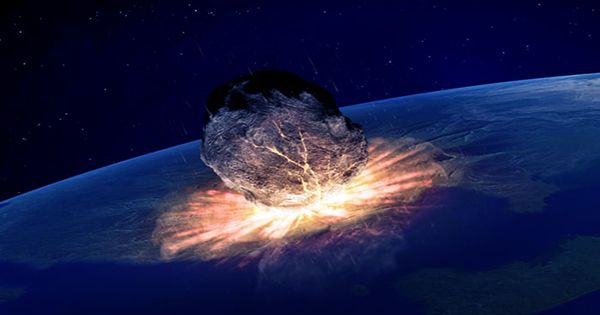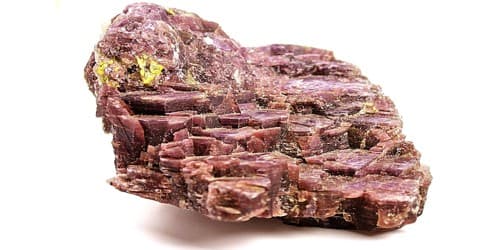In reaction to sanctions imposed in response to Russia’s invasion of Ukraine, the Russian space agency has declared that it would no longer collaborate with international partners to perform scientific research onboard the International Space Station (ISS). Roscosmos said in a tweet that it “will not work with Germany on cooperative experiments on the Russian part of the ISS,” instead stating that it will “perform them separately.” Despite the fact that the ISS is now manned by a team of Russian, American, and German astronauts, the continuous struggle has caused a significant divide between Russia and the West. Initially, NASA had intended to continue working with Roscosmos and believed that activities aboard the space station would be able to resume as usual.
However, the intensification of hostilities has placed a cloud over the project, casting doubt on its future. The ISS is now permitted to operate until 2024 under the current agreement, while NASA has declared its desire to prolong the project until 2030. However, any continuance would require the backing of all partners, and Russia’s withdrawal from the collaboration might jeopardize the plan.
“The government has granted Roscosmos authorization to run the ISS until 2024. And we are sceptical about extending the agreement under the existing circumstances “In a recent press statement, the Russian space agency said, as published by the state-owned Russian news agency TASS.” Against the backdrop of sanctions, the Russian space program will be altered, with the production of satellites in the interests of defense taking precedence,” it stated in a recent tweet.
These remarks came in response to sanctions imposed by the US and other countries, which President Biden claims would have a significant impact on Russia’s military and space programs. In reaction, Roscosmos Director Dmitry Rogozin stated that a controlled deorbit of the ISS may not be feasible without Russia, and that the space station may come down over the United States. Rogozin’s claim pertains to the fact that after the space station is abandoned, Russian Progress spacecraft are scheduled to safely guide it back to Earth.
Roscosmos has announced that it will no longer supply the RD-181 engines that power NASA’s Antares rocket, which is used to transport cargo and supplies to the International Space Station. “In a situation like this, we can’t furnish the United States with our world’s greatest rocket engines,” Rogozin explained on Russian official television. “Let them fly on something other than their broomsticks,” says the narrator.
